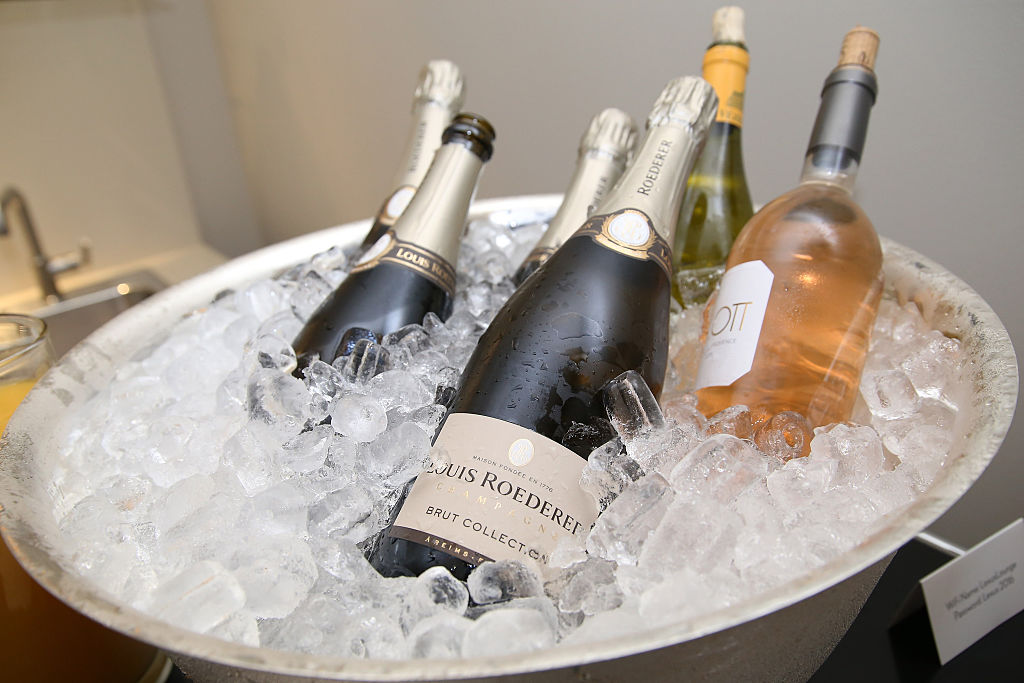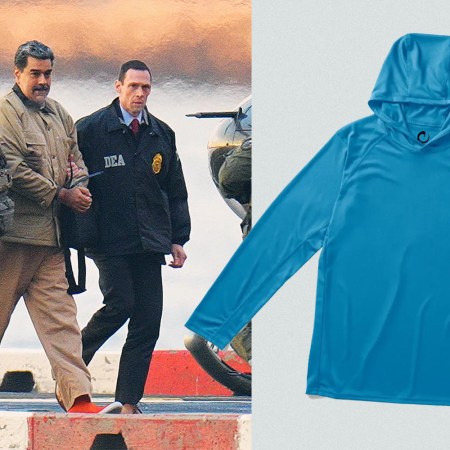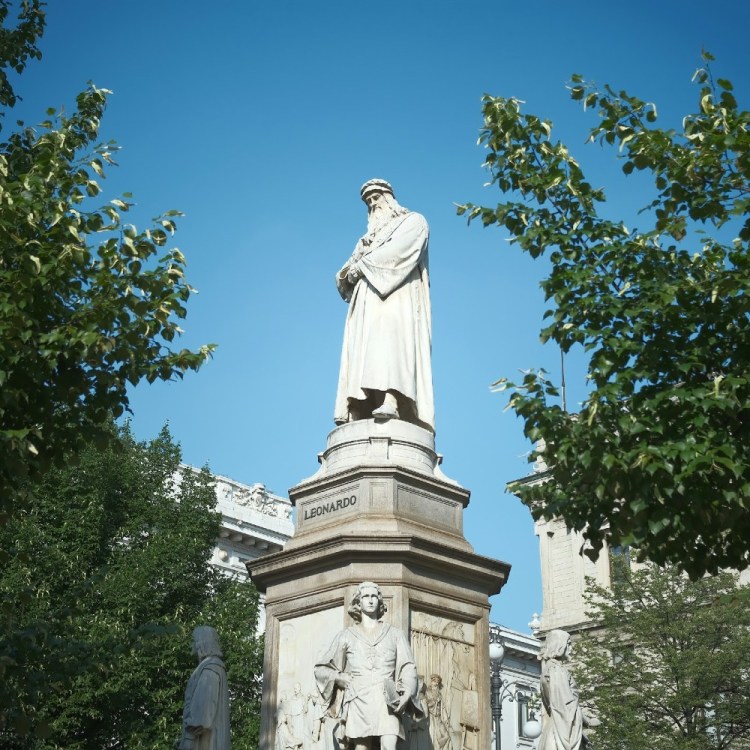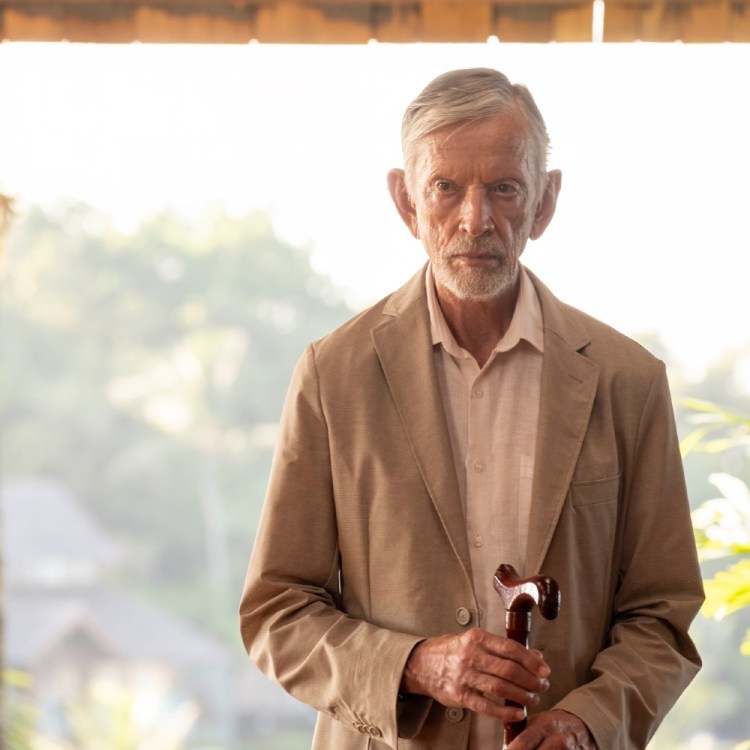In 1996, Jean-Baptiste Lécaillon — a young assistant at Louis Roederer Champagne — was tasked with forecasting the next 30 years for the venerable house. He was only 30-years-old, so it was a daunting challenge that required a far-reaching understanding of science, politics, and wine.
It also meant he had to look at the past and the future, writes The New York Times. Lécaillon produced a forecast that prepared for the wide-ranging effects of global warming, and asserted that it was necessary for Roederer to emphasize the sense of place in the wines, while also creating clearer identities for each cuvée.
The Times writes that he was remarkably right about a lot of his predictions, including the increased importance of climate change as well as how a big Champagne house would need to adapt to the changes about to hit the region.
Now, Roederer is a progressive leader in Champagne and has positioned itself perfectly in the world. It has blurred the line between big house and grower-producer and now grows more than 70 percent of its grapes in estate vineyards. Most are farmed organically or biodynamically and all vintage Champagnes are entirely estate wines, writes The Times.
Thanks for reading InsideHook. Sign up for our daily newsletter and be in the know.


















